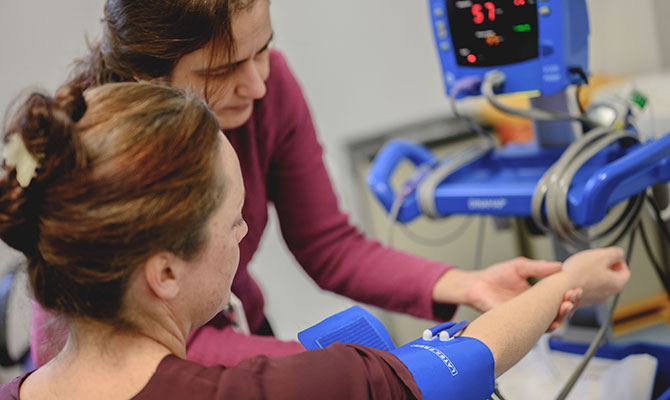Ideally, you should talk to your GP or specialist cardiac doctor if you’re planning on getting pregnant since it may be helpful to optimise your health or adjust medication before trying.
Congenital heart disease
Even if you are normally fit and well, pregnancy requires your heart to work harder. If you were born with a heart abnormality that affects how well your heart works, there is a potential for problems to arise.

If you have a congenital heart defect, your midwife will refer you to an obstetrician. You may also have a cardiologist involved in planning your care. You are usually advised to deliver in an Obstetric Led Care Unit, rather than birth centre.
Please click here for further information




